Rivet recently interviewed district leaders about planning professional development to support the implementation of high-quality instructional materials (HQIM). In the 30 interviews we conducted, not one district leader used an external partner to support the implementation of their HQIM. As one leader explained, “We are going to do it in-house. We know our needs best.”
Even though the school and district leaders we interviewed were randomly selected, the overwhelming reliance on in-house professional learning reflects the national status quo. According to RAND Corporation’s 2022 American Instructional Resources Survey, 1 72% of ELA professional development workshops or training sessions and 73% of math workshops are provided by the school or district rather than an outside vendor. Further supporting this statistic is the fact that between 77 to 87 percent of teacher improvement costs incurred annually by school systems are related to teacher and staff time and salaries. 2
Even though in-house professional learning may be the norm, it is only sometimes effective. Rivet’s study of the professional learning marketplace in 2022 showed that only one in three teachers believe that the professional learning they received has helped them very much. Teachers want curriculum-aligned professional learning provided by experts that responds to their needs, is collaborative, and ongoing, rather than one-and-done workshops on isolated teaching strategies. 3
While leaders share teachers’ definitions of what professional learning should be, one in three system leaders reported that they feel frustrated, anxious, or confused when it comes to planning professional learning for their schools. We recently made the case for a “No Shame Zone” among educators because districts benefit from support in implementation. Still, it is worth exploring why school and district leaders hesitate to seek external help to ease their fears and frustrations in planning effective professional learning (PL).
- Fear of getting cookie-cutter PL: School leaders recognize that while their schools are not snowflakes, they do have unique contexts and needs that require customized professional learning plans. Involving an external professional learning partner can feel like a disservice to the uniqueness of their schools; therefore, leaders rely on their staff, who know their teachers and students best, to facilitate professional learning.
- Lack of time to find the right partner and plan meaningful PL: Time is the single most valuable commodity for educators, and navigating the saturated professional learning marketplace takes time that leaders do not have.
- Fear of providing ineffective PL: Education leaders know that teachers’ time is precious. Therefore, they are anxious about choosing professional learning outside of the district that can engage teachers. They fear that one bad experience will cause teachers to write off professional learning or the professional learning provider altogether.
Rivet’s Professional Learning Partner Guide (PLPG) can be a valuable resource for leaders who are looking for quality professional learning services and providers, even if they currently primarily rely on internal support or are satisfied with their current instructional materials. The PLPG conducts unbiased evaluations of providers to determine whether the organizations have the skills and expertise to support educators in effectively implementing HQIM through customized professional learning plans. This helps leaders quickly identify qualified external partners who can serve as extensions of their internal team to meet teachers’ needs.
We encourage school and school leaders to embrace the “No Shame Zone” in professional learning and break down anti-external professional learning walls to provide teachers with the professional learning they want and deserve. Visit the PLPG today to start your search for the perfect partner.




